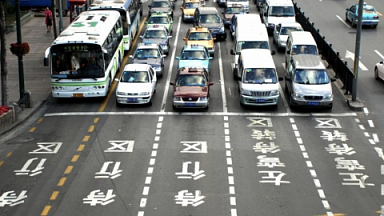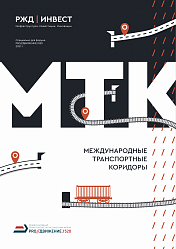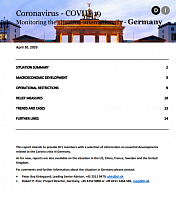A new multimodal freight route in the form of combined rail and sea transport between China and Europe was launched from Xi’an, the administrative center of Shaanxi province (Northwest China).
This was reported by Xinhua News Agency with reference to China Railway Xi’an Group Co., Ltd. The first freight train on the new route will pass through Kazakhstan, Belarus and Russia.
The cargo will then be sent in a multimodal way to the port of Rostock in Germany and from there it will be transported to Italian Verona, as well as to Swedish Gothenburg and Stockholm.
As of March 25, the city of Xi’an, as part of China-Europe international rail freight, launched a total of 13 routes, including to Kazakhstan, Belgium, Germany, Poland and other countries.
Since the beginning of this year, 593 international freight trains have been dispatched from Xi’an, which is 2.3 times more than in the same period last year.
In two months of 2020, 1,132 trains were sent by rail between Europe and China , which is 6% more than in January-February 2019. In this case, a high load of containers is recorded.
During the outbreak of the new coronavirus (COVID-19), freight trains are sent and received in Changsha, Chengdu, Chongqing, Xi’an and other key cities in China.(Gudok.ru)




